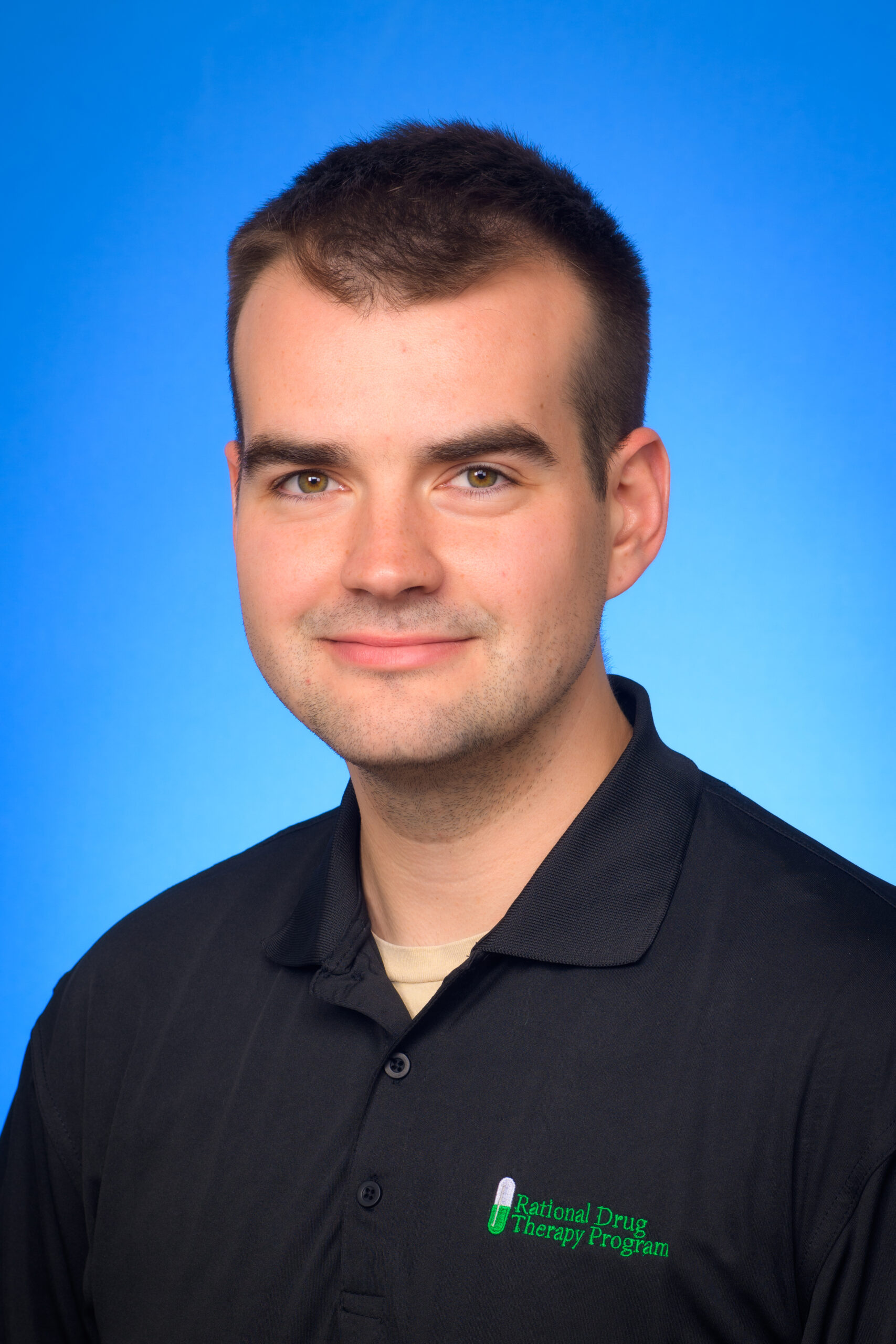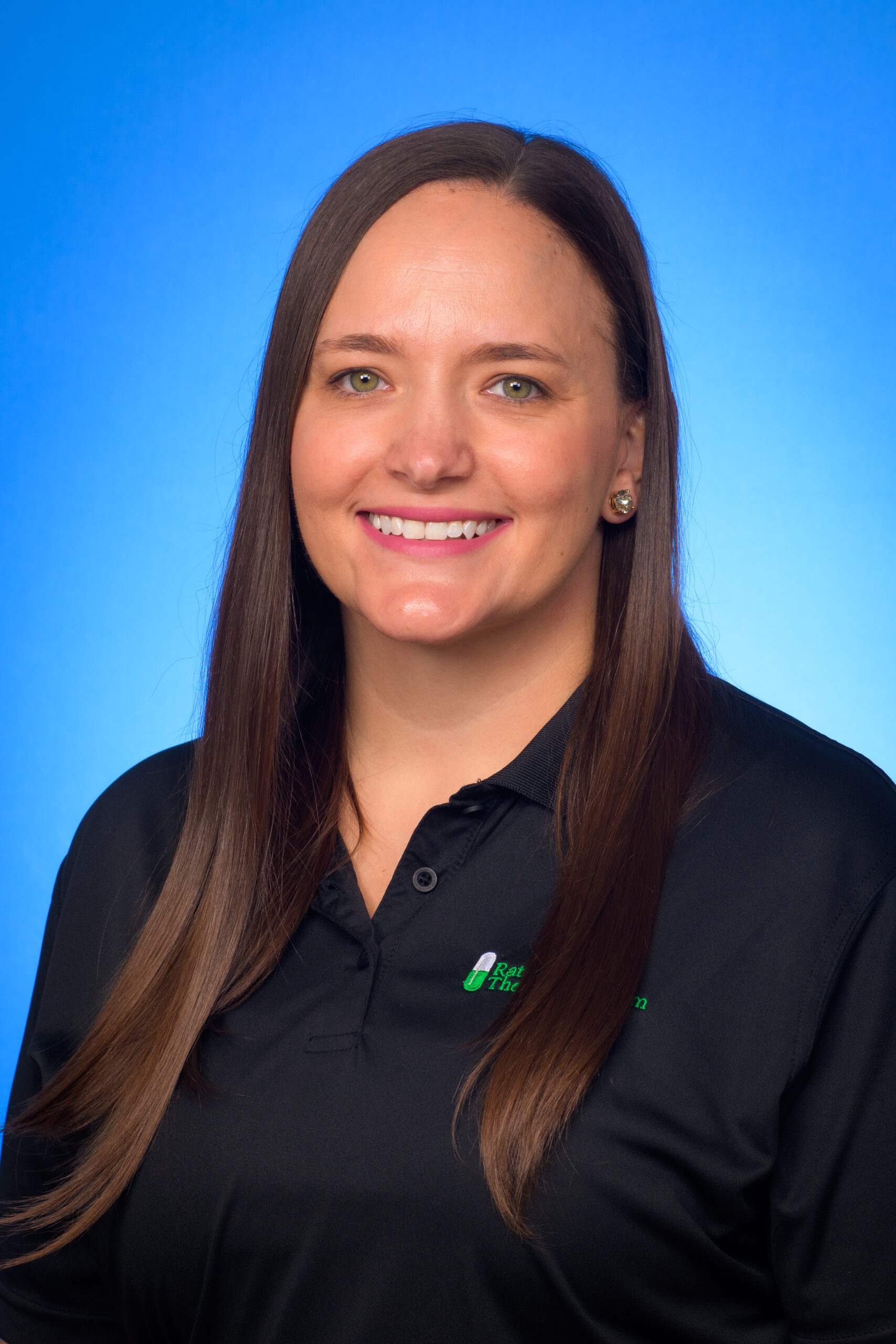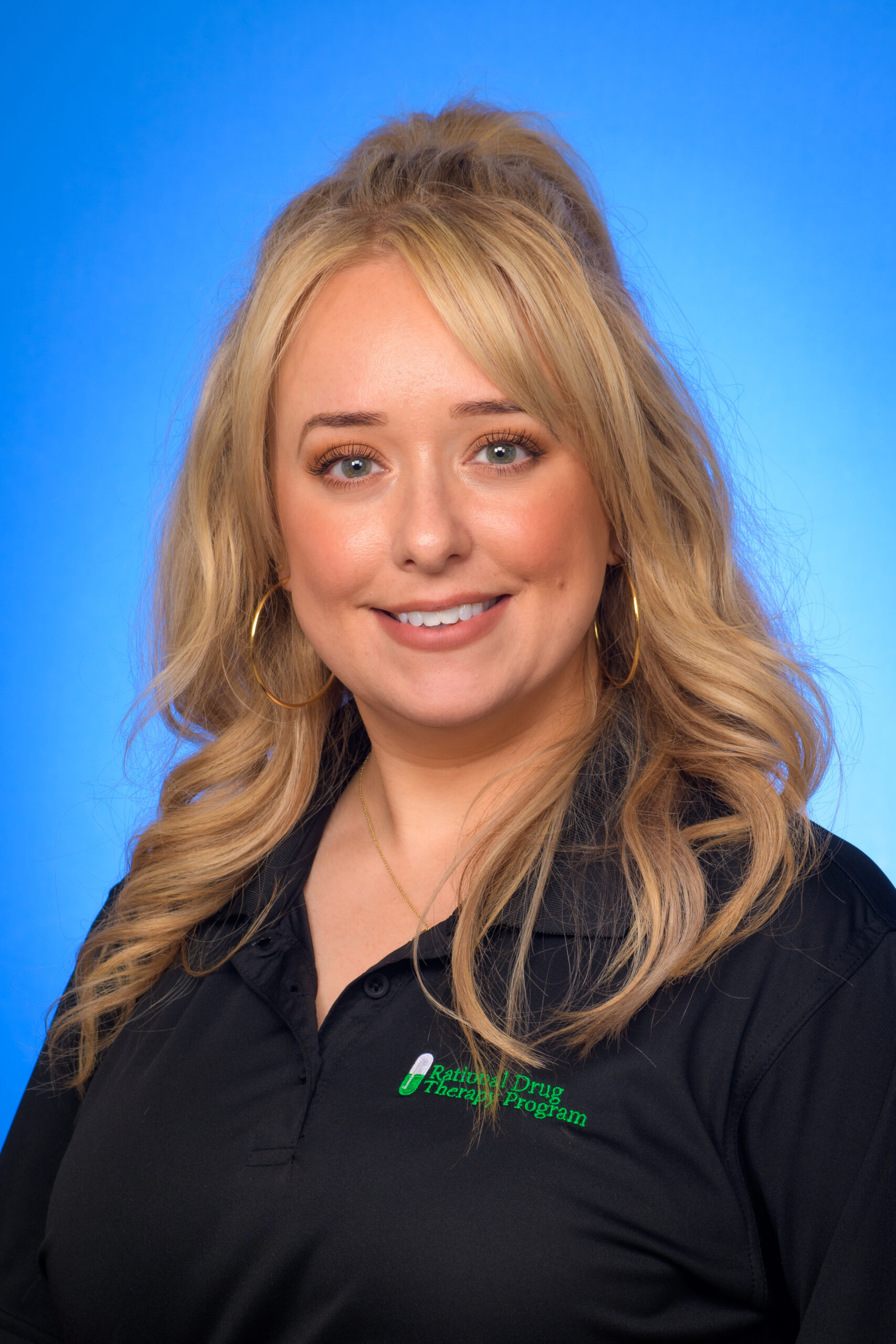General disclaimer:
This content is not intended to address all possible diagnosis methods, treatments, follow up, drugs or their related contraindications or side effects. Standards of practice change as new data becomes available. Therefore, it is strongly recommended that practitioners independently assess and verify diagnosis, treatments and drugs for each individual patient. The authors of the WV ACC guidelines assume no liability for any aspect of treatment administered by a practitioner with the aid of this publication.
Drug disclaimer:
The authors do not endorse or recommend the use of any particular drug mentioned in this publication. Before prescribing a new drug to a patient, practitioners are advised to check the product information accompanying each drug to ensure it is appropriate for a specific patient and to identify appropriate dosage, contraindications, side effects and drug-to-drug interactions.
Standard of care disclaimer:
This publication is not intended to establish a standard of care applicable to practitioners who treated patients diagnosed with ADHD. “Standard of care” is a legal term, not a medical term, which refers to the degree of care a reasonable practitioner would exercise under the same or similar circumstances. The standard of care is a continuum and does not imply optimal care. Practitioner discretion and clinical judgment are paramount and this publication is only intended to aid practitioners’ judgment, not to serve as a substitute for said judgment.






